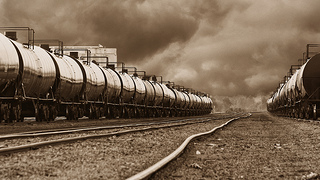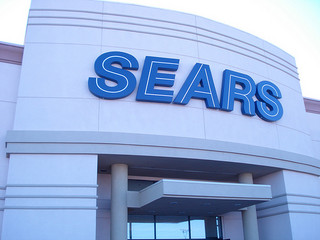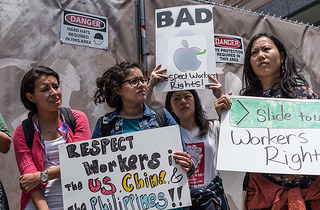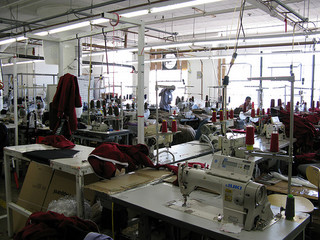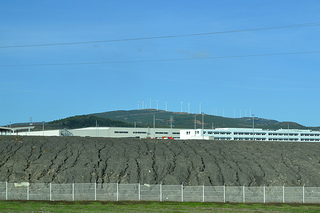New Rules for Rail Cars Carrying Crude Oil Don’t Necessarily Address the Most Serious Safety Concerns

On the eve of Senate hearings regarding the safety of rail tankers carrying approximately one million barrels of crude oil across American railways per day, the U.S. Department of Transportation issues new safety regulations. However, both officials and industry experts agree that these regulations don’t address the most serious safety concerns. The regulations, announced on Tuesday March 4, specify that crude oil has to be listed as Packing Group 1 or 2, which is a higher danger level than crude oil’s current specification of Packing Group 3. This designation primarily involves placing a placard on the tank car to notify emergency workers of the volatility of the substance within the car so that they can address an accident properly. The regulations also take three current tanker car models off the railways, including the AAR 203W, AAR 211W, and AAR 206W.
However, these tanker car models represent just under three percent of all tankers on the railways, and the regulations do not address the use of the DOT-111 model that is most often used to transport crude oil. Most industry experts fear the DOT-111 manufactured prior to the new safety specifications implemented in 2011 is the most serious safety concern involving the transport of crude oil.
About 94,000 DOT-111 tankers are in service, of which about 39,000 are carrying crude oil. Less than one-third of these tankers are built to the higher safety standards implemented in 2011. According to industry experts, these cars need to be equipped with pressure release valves and reinforced steel jackets to be adequately safe against splitting or puncturing during an accident.
The new regulations did, however, improve the level of emergency response to railway accidents by offering workers more training, and also took a few potentially dangerous tankers off the railways. The U.S. Senate convenes Wednesday March 5 to discuss the larger issues involving railway safety.


